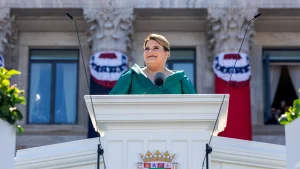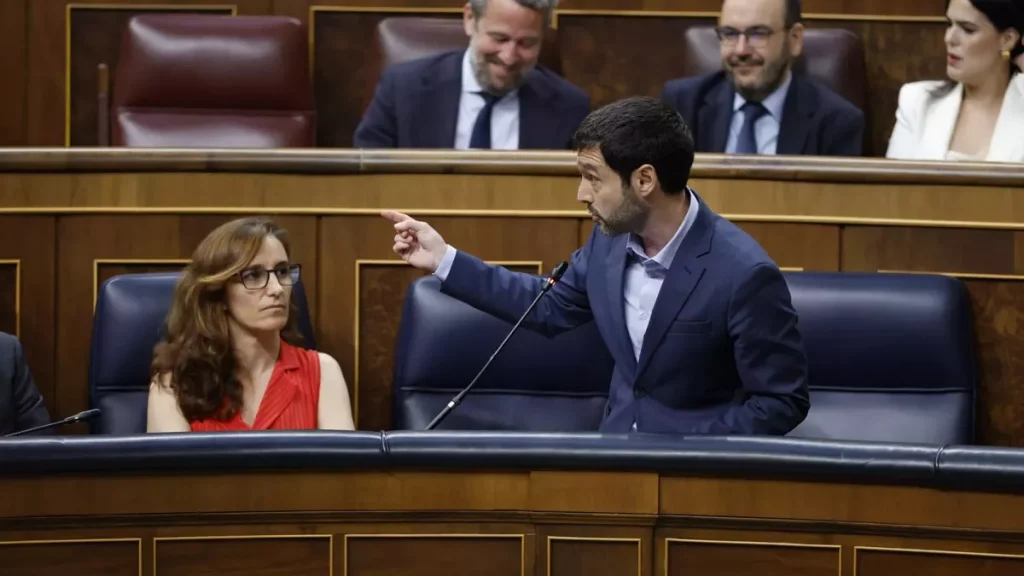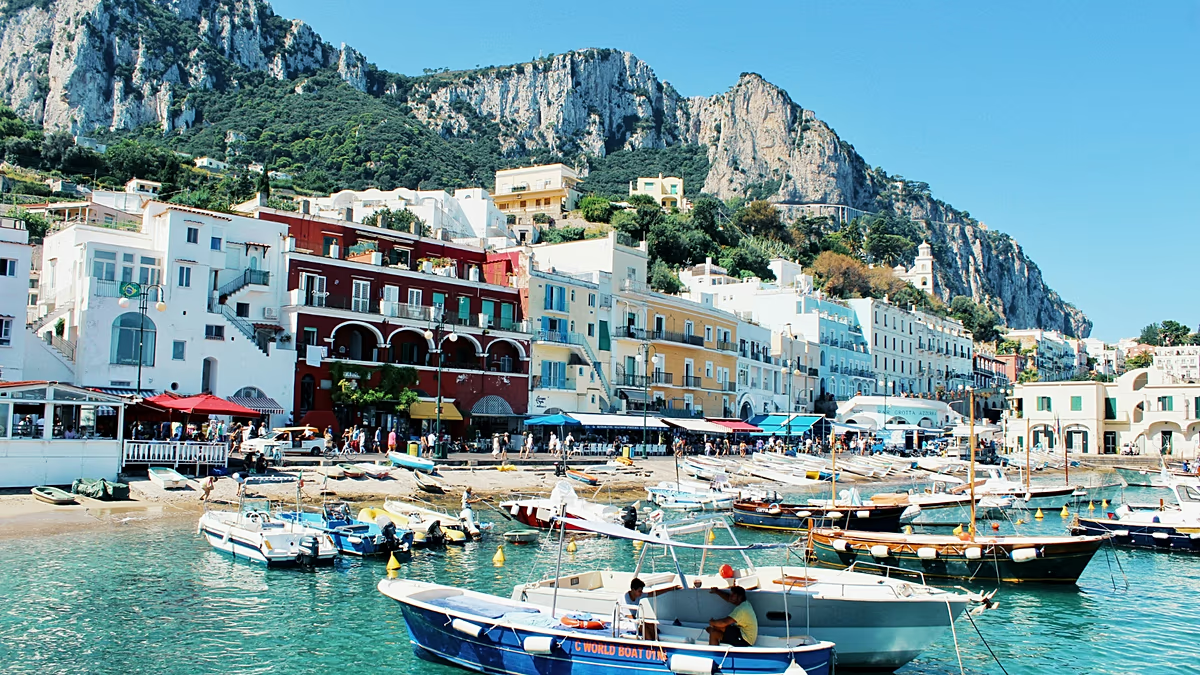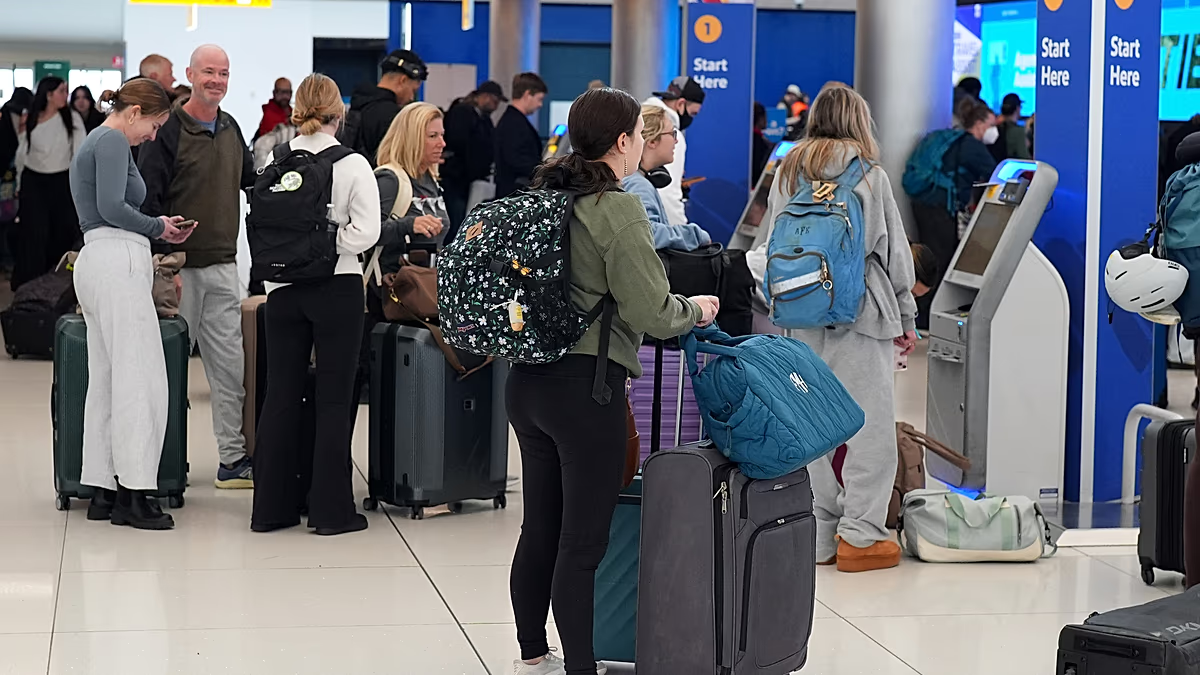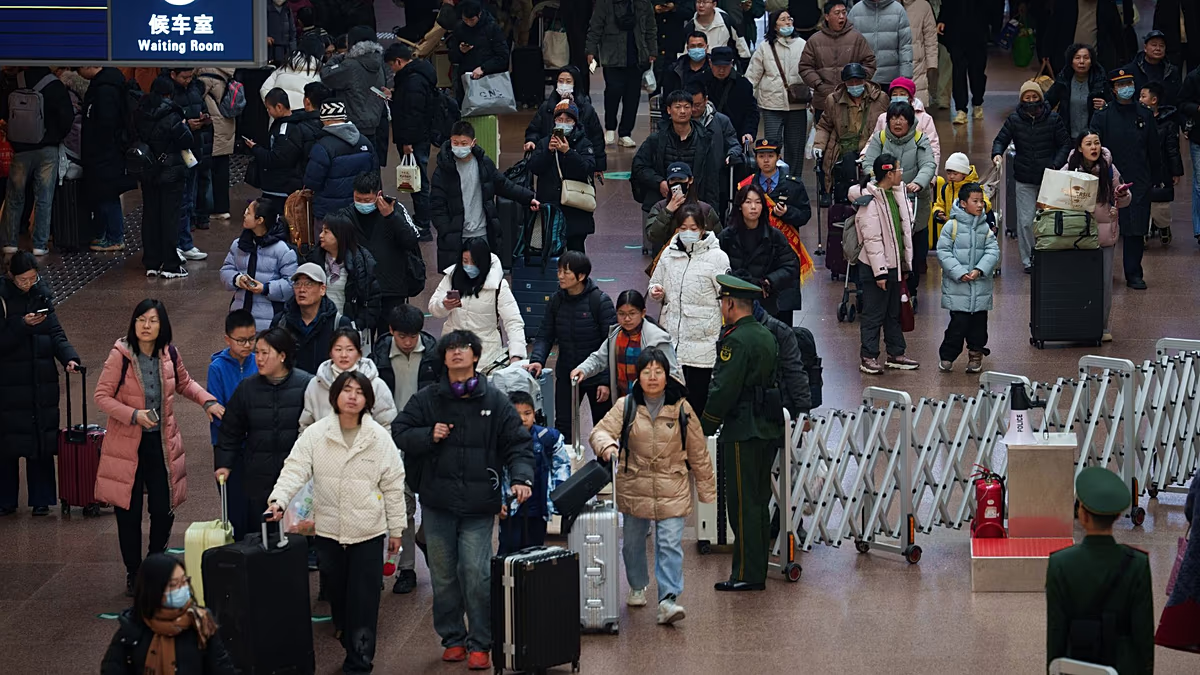EU Commission Challenges Spain’s Stance on Airline Baggage Fees
In a significant development for European air travel consumers, the European Commission has initiated infringement proceedings against Spain over its controversial sanctions against five low-cost airlines. The dispute centers on Spain’s decision to fine these carriers—primarily Ryanair, Vueling, and EasyJet—for imposing additional charges on passengers for extra hand luggage. This clash represents a fascinating intersection of consumer protection, corporate interests, and European regulatory authority, with implications for millions of travelers across the continent. At its core, this conflict raises fundamental questions about what constitutes fair pricing in the budget airline industry and who gets to decide the boundaries between reasonable consumer protections and airlines’ freedom to set their own commercial policies.
The Commission’s challenge to Spain hinges on a nuanced interpretation of European law regarding baggage fees. While acknowledging that the Court of Justice of the European Union has ruled that baggage must generally be free of charge, Brussels argues this principle must be balanced against “reasonable requirements” related to weight, dimensions, and security. According to the Commission, luggage exceeding these reasonable parameters falls within airlines’ “freedom to set prices”—a position that directly contradicts Spain’s enforcement actions. Spain now faces a two-month deadline to respond to the Commission with adequate justification or remedy for its decisions. This proceeding has dealt a significant blow to one of the flagship policy initiatives of Spanish Minister for Social Rights and Consumer Affairs Pablo Bustinduy, who has been publicly challenged by Ryanair CEO Michael O’Leary. At a recent press conference, O’Leary pointedly declared, “This is hurting European consumers and you don’t have to listen to me anymore: the Commission has confirmed that these measures are illegal,” framing the Commission’s action as vindication of the airlines’ position.
The Spanish government is not backing down, with Minister Bustinduy describing the Commission’s stance as “regrettable” and accusing Brussels of “openly positioning itself as the multinationals’ defence lawyer.” The minister’s criticism extends to European Commissioner for Tourism Apostolos Tzitzikostas, whom Bustinduy claims has sided with budget airlines without adequately considering input from consumer associations or the Spanish government. “We know that we move in an environment where there are great interests at stake,” Bustinduy noted, suggesting powerful commercial forces are influencing the regulatory landscape. His ministry has emphasized that the Commission’s case does not affect the existing sanctions against the five airlines, which are currently under appeal in Spanish courts. This represents a determination to defend Spain’s interpretation of consumer rights despite pressure from both the airlines and now the European Commission itself, highlighting tensions between national and EU-level governance of consumer protection issues.
Spain’s original enforcement action, initiated eleven months ago, targeted what officials considered illegal surcharging of passengers across several practices. The sanctions addressed not only supplemental charges for cabin hand luggage but also fees for reserving adjacent seats for minors, dependent persons, and their companions; the inability to pay in cash; imposition of excessive fees for physical boarding pass printing; and lack of transparency in pricing displayed on airline websites. The government’s penalties were substantial, with Ryanair receiving the largest fine at €107,775,777—representing 60 percent of the total sanctions. Vueling and EasyJet faced fines of €39,264,412 and €29,094,441 respectively, while Norwegian and Volotea received smaller penalties of €1,610,001 and €1,189,000. These actions reflected Spain’s aggressive stance on protecting air passengers from what it viewed as exploitative pricing practices, particularly affecting budget-conscious travelers who are most sensitive to these additional fees.
The dispute has evolved beyond regulatory matters into a broader financial and rhetorical conflict, particularly between Spain and Ryanair. Michael O’Leary has escalated the confrontation by criticizing what he describes as excessive fees at Spanish airports, following his company’s decision to eliminate several routes at regional airports. In what appears to be a retaliatory threat, O’Leary warned, “For the summer season, we will eliminate another million seats,” suggesting further reductions in Ryanair’s Spanish operations. This approach represents a significant economic leverage point, as Ryanair’s extensive operations in Spain make it a crucial player in the country’s tourism industry—a sector vital to the Spanish economy. The airline’s willingness to reduce capacity demonstrates the practical business consequences that can result from regulatory disputes, potentially affecting not just consumers but also regional economies dependent on tourism and air connectivity.
The conflict has prompted unusually direct criticism from Aena, Spain’s public airport management company, which published a harsh statement denouncing O’Leary’s tactics. Aena accused Ryanair of pursuing a strategy of “harassment and demolition” not only in Spain but in other European countries where the airline seeks to increase profit margins. In a particularly pointed critique, Aena stated: “It is difficult to find in contemporary business history another case like Ryanair’s where the discordance between the operational excellence of a company and the dishonesty of its communication policy is so astonishing.” The airport operator challenged Ryanair’s claims about the impact of airport fees, noting it had proposed just a €0.68 increase in charges for 2026, while asserting that “the decision to take a plane does not depend on whether the ticket costs 68 cents more.” Aena further accused Ryanair of hypocrisy, pointing out that while the airline protests minor fee increases, it has raised its own fares by an average of 21 percent over the previous year. This exchange illustrates how the dispute has expanded beyond legal questions into a full-fledged public relations battle, with significant economic and political dimensions affecting millions of European travelers.

